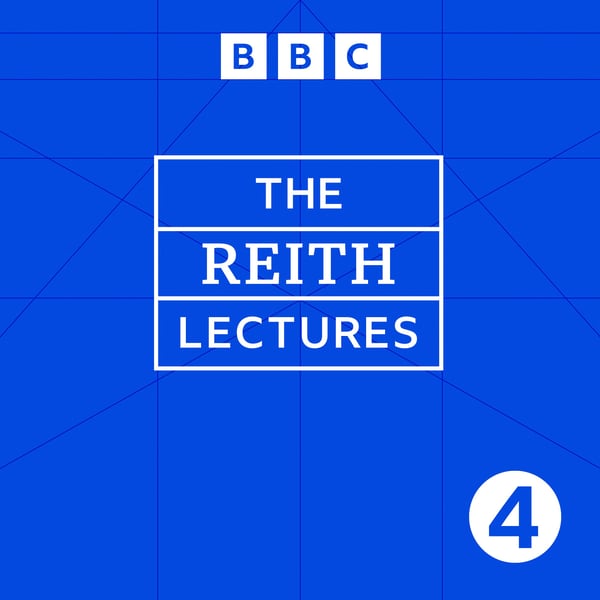The Problem of Hubris
The Reith Lectures
BBC
4.2 • 770 Ratings
🗓️ 9 December 2014
⏱️ 42 minutes
🧾️ Download transcript
Summary
Surgeon and writer Atul Gawande calls for a new approach to the two great unfixable problems in life and healthcare - ageing and death. He tells the story of how his daughter's piano teacher faced up to terminal cancer and the crucial choices she made about how to spend her final days. He says the teacher was only able to do this because of an essential honesty from her physicians and the people around her. Dr. Gawande argues that the common reluctance of society and medical institutions to recognise the limits of what professionals can do can end up increasing the suffering of patients towards the end of life. He proposes that both doctors and individuals ask a series of simple but penetrating questions to decide what kind of treatment is appropriate - or whether treatment is appropriate at all. And he praises the values of the hospice movement, in putting quality of life before prolonging life.
The programme was recorded at The Royal Society in Edinburgh in front of an audience.
The Reith Lectures are introduced and chaired by Sue Lawley and produced by Jim Frank.
Transcript
Click on a timestamp to play from that location
| 0:00.0 | Hi, it's Nicola Cochlin. Young people have been making history for years, but we don't often hear about them. My brand new series on BBC Sounds sets out to put this right. In history's youngest heroes, I'll be revealing the fascinating stories of 12 young people who've played a major role in history and who've helped shape our world. Like Audrey Hepburn, Nelson Mandela, |
| 0:22.4 | Louis Braille and Lady Jane Gray, history's youngest heroes with me, Nicola Cochlin. Listen on BBC Sounds. |
| 0:30.3 | Hello, I'm Dr. Atul Gawande, and this is a download from my 2014 BBC Reith Lectures series. My theme is the future of medicine, and this |
| 0:41.4 | lecture is called The Problem of Hubris. Hello and welcome to the Royal Society in Edinburgh |
| 0:49.7 | for the third of this year's BBC Reith Lectures. Our subject is the future of medicine, and we're in |
| 0:56.7 | the right place. There are a few cities in the world that have made such a distinguished contribution |
| 1:01.9 | to medical research and education as Scotland's capital. The list of famous surgeons and doctors |
| 1:08.6 | who either studied or worked here is a long one, from John |
| 1:12.6 | Hunter, who's credited with founding the science of surgery in the late 18th century, to |
| 1:17.7 | Alexander Fleming, rector of the city's medical school, who of course discovered |
| 1:21.9 | penicillin in the 20th. This year's lectures bring a distinguished surgeon and writer as a visitor to Edinburgh. |
| 1:30.1 | In earlier lectures, he's discussed the issues of why doctors fail and the need for a far |
| 1:35.4 | more systematic approach to healthcare. Today, he tackles aging and dying. To talk about what he |
| 1:43.1 | calls the problem of hubris, |
| 1:45.3 | please welcome the BBC Reith Lecturer 2014 Atul Goande. |
| 2:05.6 | Thank you for welcoming me to this special place. |
| 2:12.5 | I learned about a lot in medical school, but mortality wasn't one of them, which may seem odd to say. We'd come to medical school to be heroes in some sense. We wanted to learn about what |
| 2:19.7 | goes wrong with the body, but also how to fix it, how to really understand what we can do. |
| 2:27.1 | We were not eager to recognize that a big part of what we would have to do in the future is learn |
| 2:33.2 | to cope with the limits of our knowledge, |
| 2:35.9 | our necessary fallibility. We have a problem of hubris, overweening confidence. But we slowly come to |
| 2:46.5 | realize that we can't fix what can't be fixed. And as I discovered when I came into practice |
... |
Transcript will be available on the free plan in -3766 days. Upgrade to see the full transcript now.
Disclaimer: The podcast and artwork embedded on this page are from BBC, and are the property of its owner and not affiliated with or endorsed by Tapesearch.
Generated transcripts are the property of BBC and are distributed freely under the Fair Use doctrine. Transcripts generated by Tapesearch are not guaranteed to be accurate.
Copyright © Tapesearch 2025.

